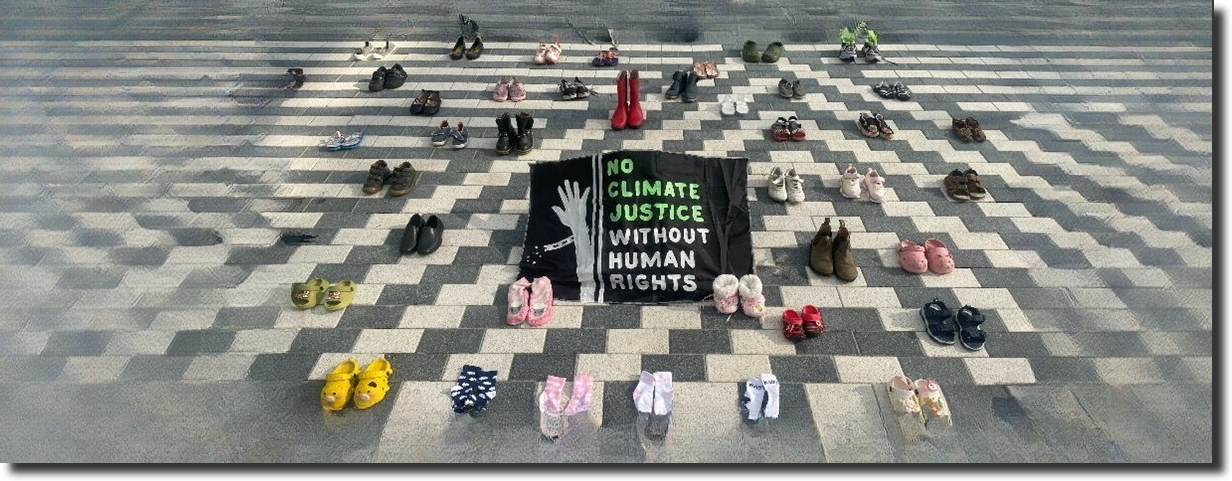Issue: 19
| Posted: |
|---|
| Feb 16, 2024 |
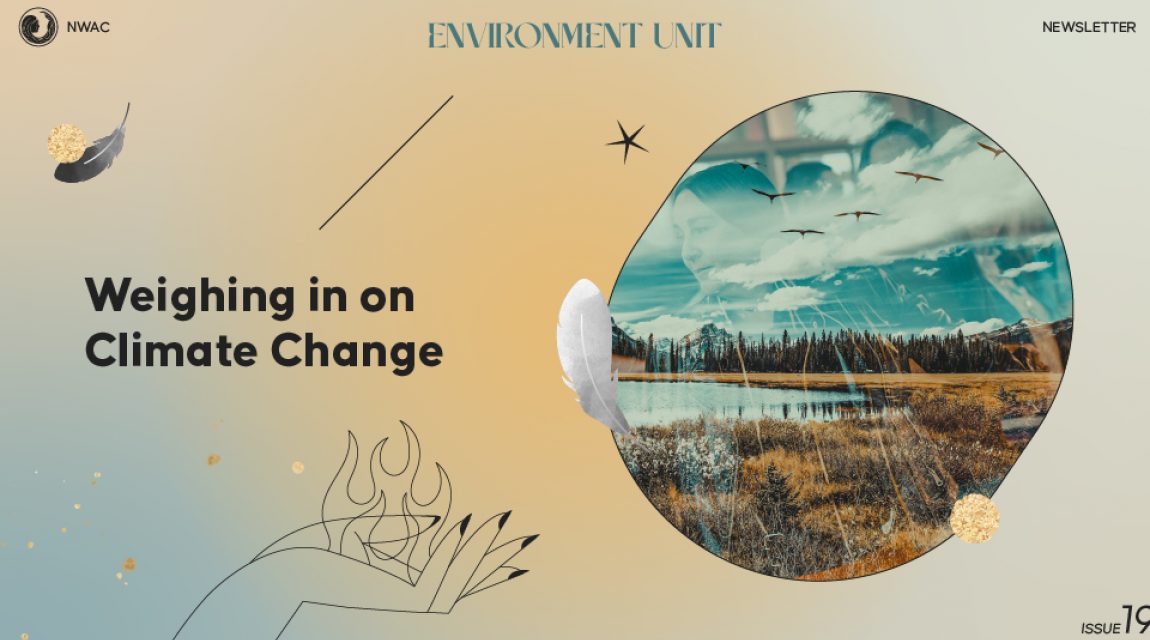
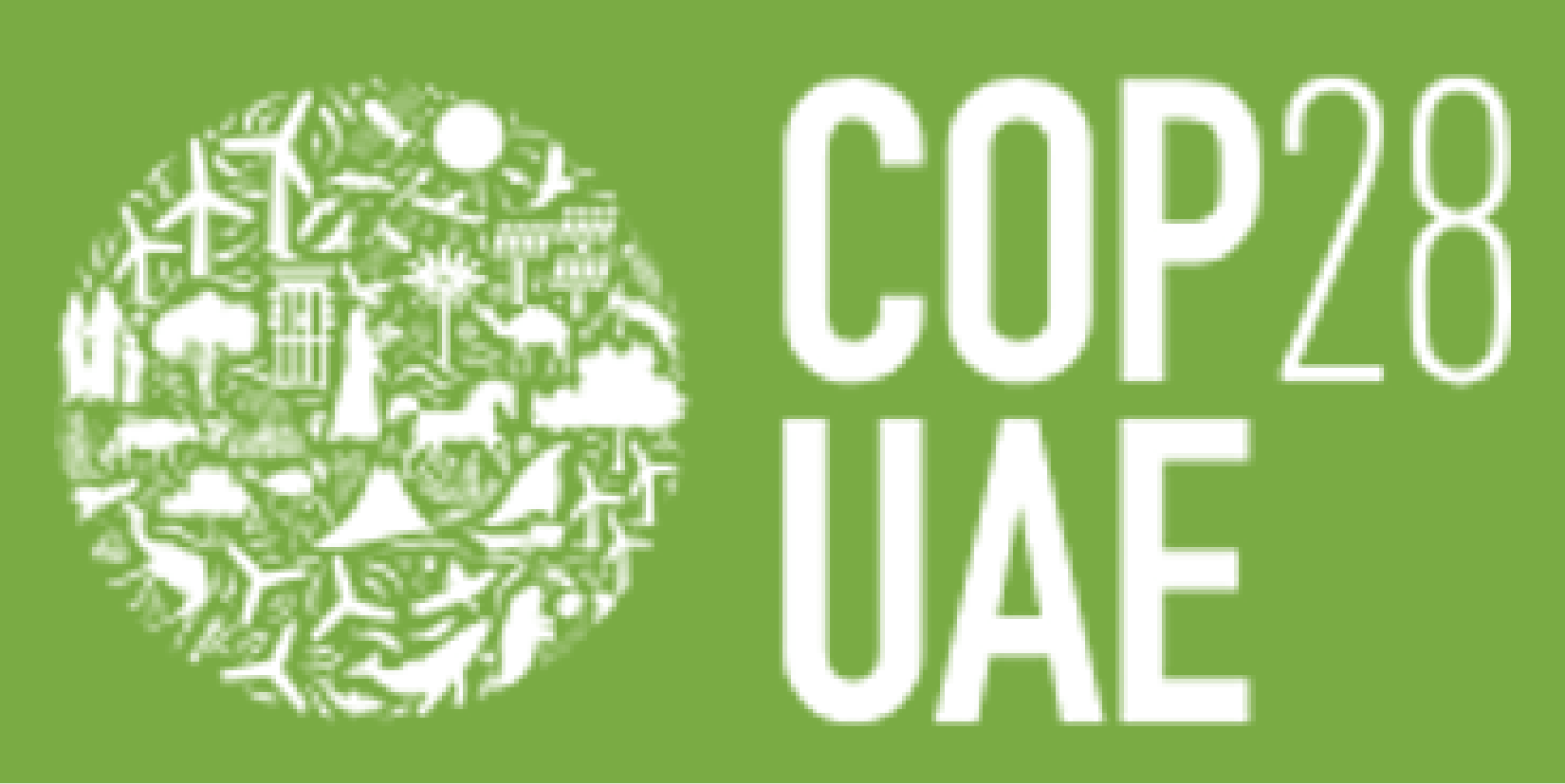
On August 22, 2023, NWAC’s President (or an alternate) received an invitation to join the Canadian delegation at the 28th Conference of the Parties (COP28) to the United Nations Framework Convention on Climate Change (UNFCCC), which took place in Dubai, United Arab Emirates, from November 30 to December 12, 2023. The invitation was also included a technical-level expert from NWAC.
NWAC was also invited to join the Facilitative Working Group (FWG) of the Local Communities and Indigenous Peoples Platform (LCIPP), which is a constituted body that was established at COP 24 in Katowice, December 2018.
The body was established to further operationalize the LCIPP and facilitate the implementation of its three functions related to knowledge, capacity for engagement, and climate change policies and actions.
It was decided that technical expertise is prioritized at these technical conferences. NWAC was represented by Madeleine Redfern and Lisa Smith at COP27.
It was decided that this year’s technical expert is 1st Vice President Gena Edwards, given her PhD in Global Governance. Lisa Smith was chosen to support her.
The NWAC nominees are funded by Environment Climate Change Canda (ECCC). Each nominee is reimbursed up to $6,000. Therefore, it was decided to attend the conference for one week. The dates were chosen to allow for participation at the FWG, Indigenous Caucus (November 28–29), and the first few days of the conference.

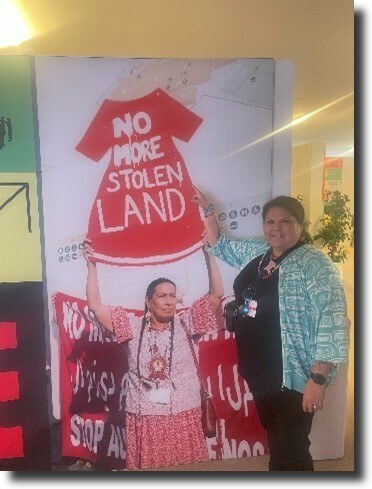
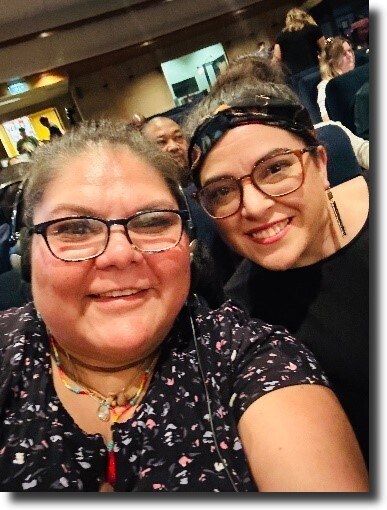
The NWAC delegates arrived in Dubai on November 26, and the next day made their way to the FWG meeting.
The discussion was very productive. There was a main plenary discussion about the role of Indigenous Peoples, full and effective participation of Indigenous Peoples, and how to influence the new leadership of the Intergovernmental Panel on Climate Change (IPCC), and ensure the global standard is consistent with nature-based solutions and our collective priorities for COP28.
We discussed how critical it is for Indigenous Peoples to be a part of the design and implementation of climate action, and as a procedural issue, how to incorporate knowledge of FWG into negotiations. We also discussed climate finance goals, lack of baseline data, Indigenous knowledge as a part of science, and incorporating traditional knowledge into strategic plans on adaptation. We also discussed the current work plan, which ends in 2024, the Green Climate Fund, and a youth strategy.
While sitting with our region (North America), we discussed the following in order to influence the next three-year work plan.
In terms of good practices, we discussed data sovereignty and ethical protocols as it comes to sharing traditional knowledge. In relation to building capacity, we reminded the caucus that internet access is not always a given.
In discussing engagement, we discussed the importance of revitalizing Indigenous languages and reminded the caucus that this is the United Nations decade of Indigenous Languages—thus the UN system must align itself to build capacity and engage in this way.
We discussed the importance of intersectional Indigenous identities when engaging. We also reiterated our topic for the side event—a trauma informed approach to climate action and emergency responses.
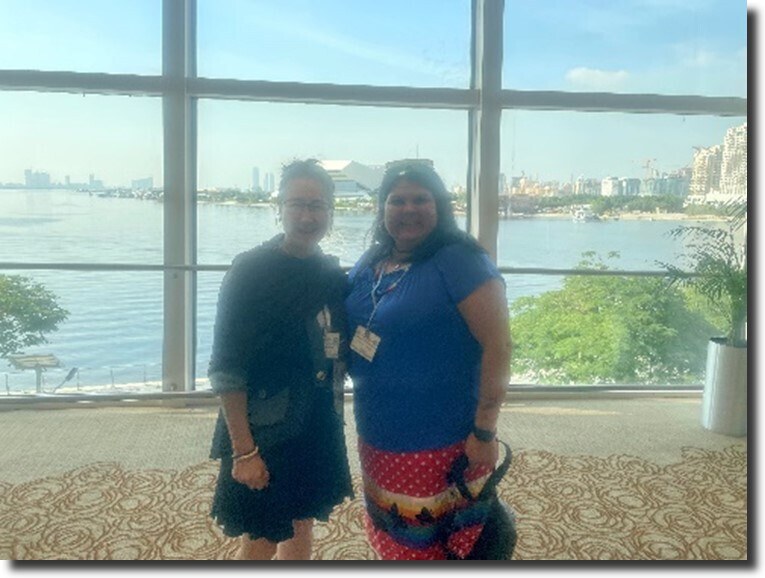
Pictured is Gena and Lisa Qiluqqi Koperqualuk, President of Inuit Circumpolar Council (ICC) Canada and Vice-Chair of ICC International.
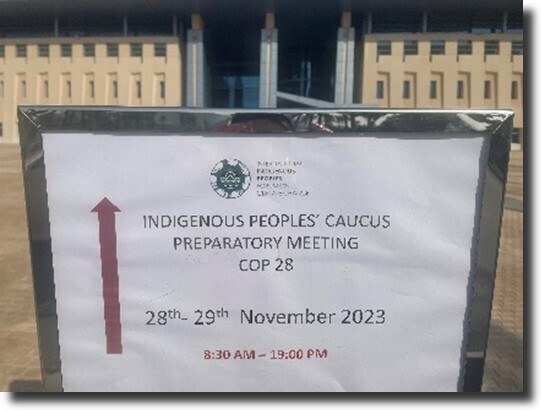
The NWAC delegation travelled to Zayed University to take part in the Indigenous Caucus. There was an unprecedented number of Indigenous participants (over 300), including the Executive Director of the International Indian Tribal Council (IITC) and the President of the United Nations Permanent Forum on Indigenous Issues (UNPFII).
We discussed the mechanism for a loss and damage fund and discussed how Indigenous Peoples must have direct access to this fund.
We discussed the process of negotiations as well as substantive principles such as reciprocity, interconnectivity (living in harmony with nature), and more pressing issues such as the global stocktake.
The overarching goal of the Paris Agreement is to hold “the increase in the global average temperature to well below 2°C above pre-industrial levels” and pursue efforts “to limit the temperature increase to 1.5°C above pre-industrial levels.”
Phasing out fossil fuels and a just transition formed part of this discussion.
Our shared vision is ensuring that a rise in temperature does not go above a sustainable level.
We discussed adaptation and mitigation strategies and aligning messaging with data sovereignty.
We also discussed the importance of each member fostering good relationships with their respective states so that they are consistent on Indigenous Caucus messaging in all negotiations.
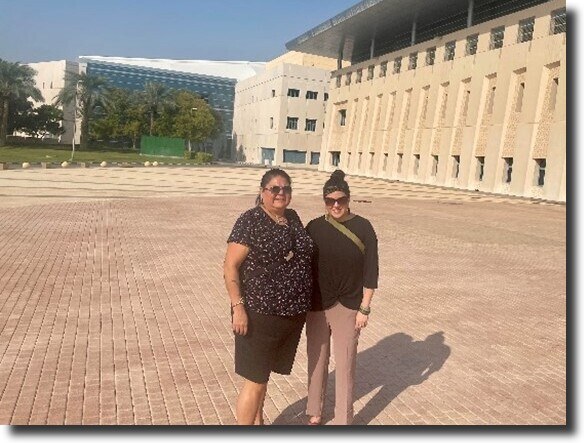

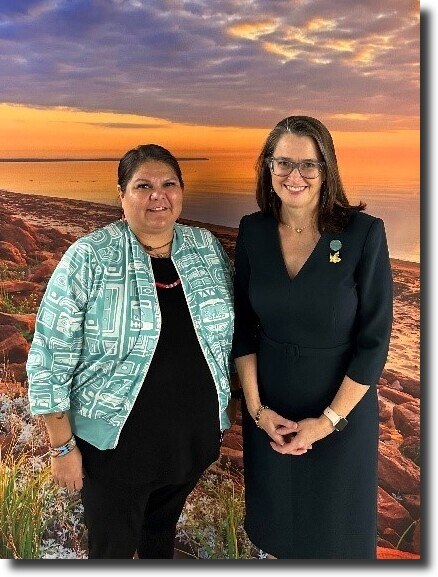
The NWAC delegation met with Canada’s Ambassador for Climate Change, Catherine Stewart. We stressed the importance of aligning Canada’s negotiations with Minister Joly’s feminist foreign policy, which is quite progressive in terms of intersectionality.
We also stressed that NWAC would like to see “cultural relevance” referenced in the negotiations and reiterated that Canada’s gender-based analysis plus (GBA+) approach does not go far enough in ensuring intersectionality, and that a trauma-informed lens should be reflected in public policy.
Lastly, we provided concrete examples of adaptation such as migration routes of salmon in the Fraser River and the need for nature-based solutions. We discussed how Indigenous Peoples are affected by climate change and the importance of adaptation strategies that affect not only our people but our identities and ways of life. We advised that we are experiencing eco-grief.
The NWAC delegation was approached by Pacific Cooperation Broadcasting Limited to discuss our COP28 goals. They also inquired about our desire(s) to travel to the Pacific islands.
The 1st VP, Gena Edwards, discussed being an Islander and her desire to travel to that part of the world. She also talked about how the delegation is ensuring that Canada and other states are implementing human rights approaches into all their negotiations.
Listen to the interview.
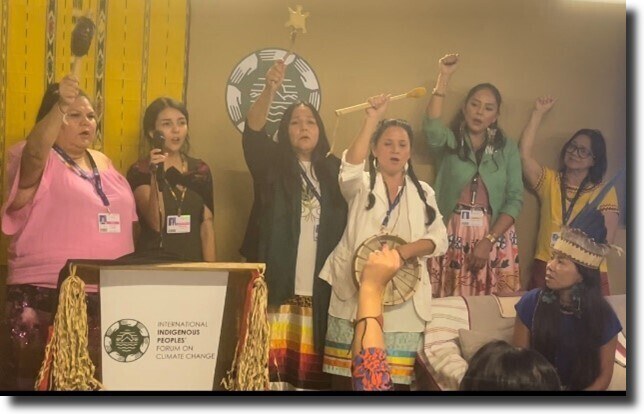
On December 1, the 1st VP was asked to sing Martina Pierre’s Women’s Warrior to open the Canadian Pavilion.
President Cassidy Carron of the Métis National Council (MNC), President Lisa Qiluqqi Koperqualuk of ICC, and Grand Chief Judy Wilson of the Assembly of First Nations (AFN) joined Steven Guilbault, Minister of ECCC, and Ambassador Stewart to discuss collective goals and perspectives on climate action and set the intention for meaningful engagement at COP28.
This side event focused on the themes of frontline communities: inclusion, nature and land use, and technology and innovation. The event discussed NWAC‘s project with the Canadian Red Cross around research into disaster preparedness using a culturally relevant, gender-based, intersectional lens. An intimate conversation also took place with COP28 delegates about their respective regional climate disasters. Given the recent wildfires, thawing of permafrost, and intense hurricanes and the fact that Indigenous Peoples are on the frontlines, the conversation was at times emotional.
Participants were interested in hearing concrete, on-the-ground examples, such as how Indigenous People are vulnerable to human trafficking when displaced by extreme weather events. We advised that climate relief must consider the realities of our women and gender-diverse people.
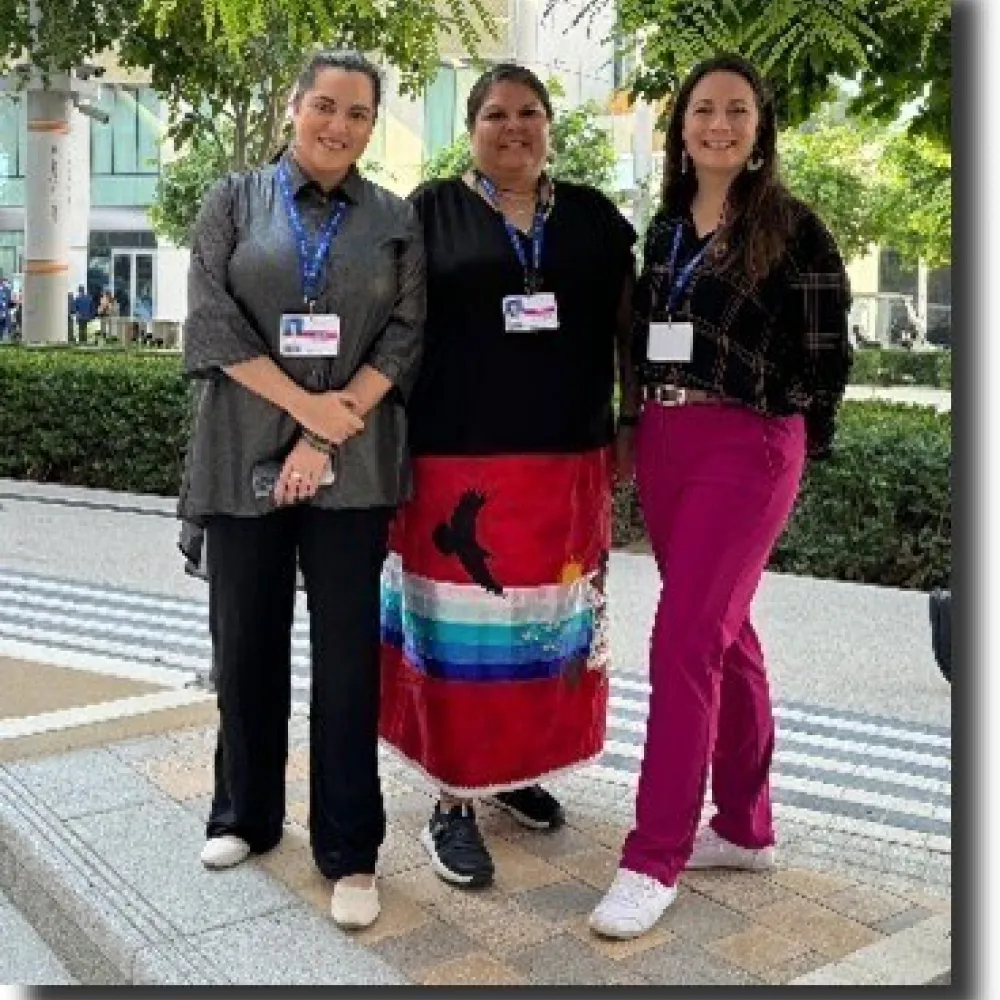
Pictured with the co-founder and Executive Director of TakingITGlobal, Jennifer Corriero.
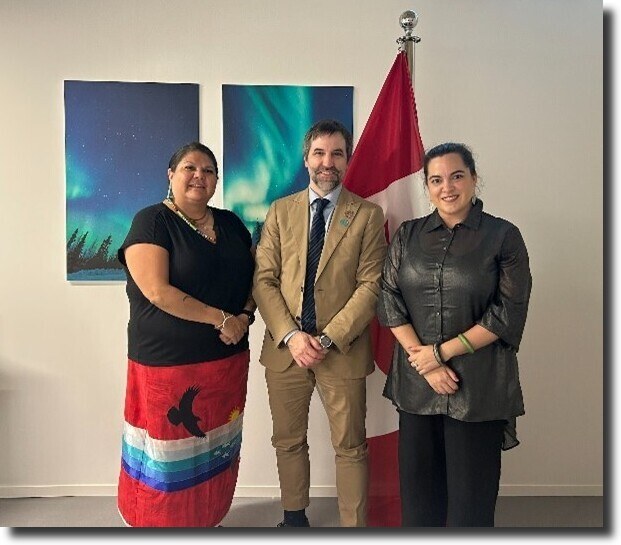
The meeting with Minister Guilbault was successful in that he actively listened to the points we made. We reiterated the importance of aligning Canada’s negotiations with the feminist foreign policy. We reiterated the importance of intersectionality and culturally relevant gender-based analysis in addressing climate challenges.
We also gave the Minister concrete examples of how climate change is drastically impacting our ways of life, including a loss of identity.
In addition, we discussed the proposed mechanism for loss and damage and how this will affect the Indigenous Peoples of the Global South.
Overall, the NWAC delegation had a successful COP28.
